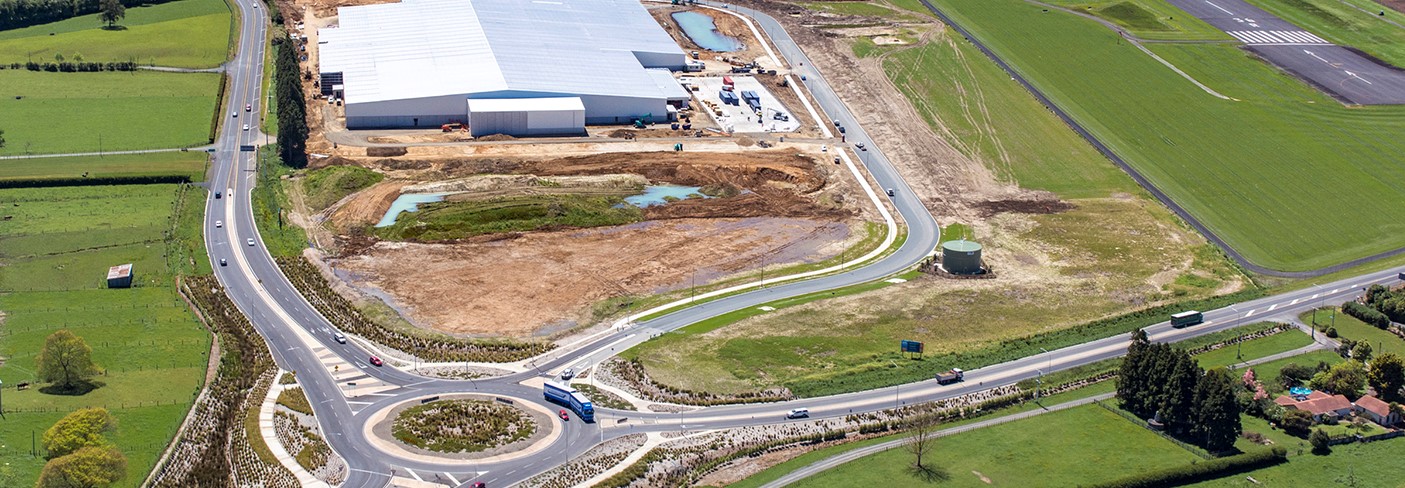In this article, we discuss proposed changes to the Disputes Tribunal that may significantly impact how mid-value disputes are resolved — including a potential increase to its jurisdiction and what that could mean for access to justice.
New fast track process for consents and designations
Cabinet has now approved an initiative to fast-track approval of resource consents for large-scale infrastructure and development projects. The change is designed as a short-term intervention to help with the economic recovery from Covid-19. In this article we discuss the key features of the streamlined process.

Under the fast track process, public input will not be sought on certain resource consent decisions. Councils will also be bypassed. Instead, a Panel of Experts will determine whether a resource consent should be granted. The Panel will be chaired by an Environment Court judge and it is expected that once a project is referred to a Panel, there is a high certainty that it will be approved.
The changes are contained in the COVID-19 (Fast Track Consenting) Bill which is currently being drafted. The Bill, which is expected to be passed in June and will be repealed after two years, is part of the proactive approach that the government has taken in combating both the detrimental health and economic effects of the COVID-19 crisis. The fast track legislation will be referred to a select committee after its first reading and parties will have an opportunity to make submissions on the bill after this time.
The Hon. David Parker stated that the fast track process will allow our economic recovery to accelerate and will focus on job-rich projects like core infrastructure, housing and environmental restoration that are seen as vital to the government’s plan to stimulate the economy. Both private and public projects will be considered and projects will be named through Orders in Council. Minister Parker will be in charge of determining which projects are eligible to use the fast track.
It is expected that a number of “shovel-ready” projects which have been identified by the Infrastructure Industry Reference Group are likely to be accelerated under the fast-track consenting process. These are developments which can start immediately once the construction industry returns to normal.
Normal consenting processes for other projects will remain the same. The general consensus is that this initiative is appropriate given the circumstances we are now faced with. However, the change does raise the question of whether the sustainable management of resources can be retained if public participation in respect of some consent decisions is removed.
Public participation is a key concept promoted by the RMA. Affected individuals and businesses should utilise their ability to input into district and regional plans and policy statements. These documents will guide all types of decision making under the RMA, even those deemed to be “shovel-ready”. Hopefully those district and regional planning documents will also underpin the decisions of the new Panel given that councils will be bypassed. It is important then that individuals and organisations get involved in district plan and regional plan processes in order to ensure that their interests are not compromised in the future. Those documents are fundamental to decision making that will enable development, ensure environmental protection and provide for managed growth.
You can read the beehive’s press release on the COVID-19 (Fast Track Consenting) Bill here: https://www.beehive.govt.nz/release/fast-track-consenting-get-shovel-ready-projects-moving
If you have a question about the proposed fast track process or need any assistance with being involved in a district plan or regional plan process, please contact Charlotte Muggeridge, our partner in the Resource Management team.
This article is current as at the date of publication and is only intended to provide general comments about the law. Harkness Henry accepts no responsibility for reliance by any person or organisation on the content of the article. Please contact the author of the article if you require specific advice about how the law applies to you.
For further information



